The holiday season can be stressful, and you should not add a veterinary emergency visit to your to-do list. Unfortunately, many holiday traditions, including rich foods and elaborate decorations, can be harmful to your furry pal’s health. Our Village Animal Hospital team wants to help you avoid a disaster this holiday season, so we’re sharing our top pet safety tips.
#1: Limit pet access to the Christmas tree
A Christmas tree is a time-honored tradition, but several of its aspects can be hazardous to your pet. Curious cats and overexcited dogs can topple the tree, injuring themselves, breaking ornaments, and making a mess. Dogs may try to drink the water used to nourish a live tree, but this water often contains fertilizers or pesticides that leach out of the tree’s trunk. To help make the Christmas tree safe for your pet, follow these tips:
- Secure the tree to a wall or sturdy furniture.
- Cover the tree base with a skirt.
- Decorate the tree’s top half only.
- Place a puppy pen around the tree base.
#2: Watch the exits and microchip your pet
Pets often slip out open doors and get lost during busy holiday gatherings. If you think your dog or cat may try to escape when a door is open, keep them in another room and ensure they are outfitted with a well-fitting collar and up-to-date identification tags. In addition, ensure your pet is microchipped. Our Village Animal Hospital team can easily microchip your pet before the holiday season begins by implanting the tiny device underneath their skin. A microchip provides your pet with permanent identification, greatly increasing the chances of a happy reunion if your dog or cat gets lost.
#3: Keep pets away from the kitchen
Holiday food poses multiple hazards to your pet. Do not share food with your pet and keep them completely out of the kitchen and dining areas to prevent any potential for begging, counter surfing, or other food-stealing antics. Pets should not eat holiday foods for the following reasons:
- Toxicity — Chocolate, raisins, garlic, onions, and the sweetener xylitol are toxic to pets. If your pet consumes these foods, contact the American Society for the Prevention of Cruelty to Animals (ASPCA) Animal Poison Control Center or the Pet Poison Helpline.
- Pancreatitis — Fatty foods, such as ham, bacon, or gravy, can cause painful pancreatitis in dogs. Vomiting, diarrhea, stomach pain, and dehydration are common signs.
- Foreign body obstruction — Cooked meat bones, corncobs, and trash can lodge in your pet’s stomach or intestines, causing a dangerous obstruction.
#4: Avoid ribbons, tinsel, or string around cats
Ribbons, tinsel, and string may seem harmless, but cats often find these objects tempting and entertaining. If your cat swallows one of these linear foreign objects, they could end up with an intestinal blockage or intestinal bunching, which are serious life-threatening conditions that can only be resolved through emergency surgery. Forgo ribbons, tinsel, and string if you live with a cat.
#5: Choose decorative plants carefully
Many plants are toxic to pets, with effects that range from mild mouth irritation to seizures or kidney failure. If your pet ingests poinsettia, mistletoe, or holly, they can experience mildly toxic effects such as vomiting, drooling, or diarrhea. Lilies cause cats to experience rapid and often deadly renal failure. The safest choices are often silk or plastic faux plants, but you can also check the ASPCA Toxic and Non-Toxic Plants list to find pet-safe options.
#6: Provide pets with a quiet respite from guests
Holiday guests and hubbub can cause your pet stress. If you’re planning to have people over this year, set up a space in which your pet can safely retreat from the chaos. A back bedroom or den is often a good choice. Outfit your pet’s sanctuary with comfortable bedding and familiar toys, play soothing music, and use species-specific pheromone diffusers to help keep your dog or cat calm and happy. If your pet is likely to experience extreme stress or lash out at visitors, consider moving the party to another venue or sending your pet to stay with a trusted friend or family member for the evening.
#7: Hide or cover electrical cords and unplug them when not in use
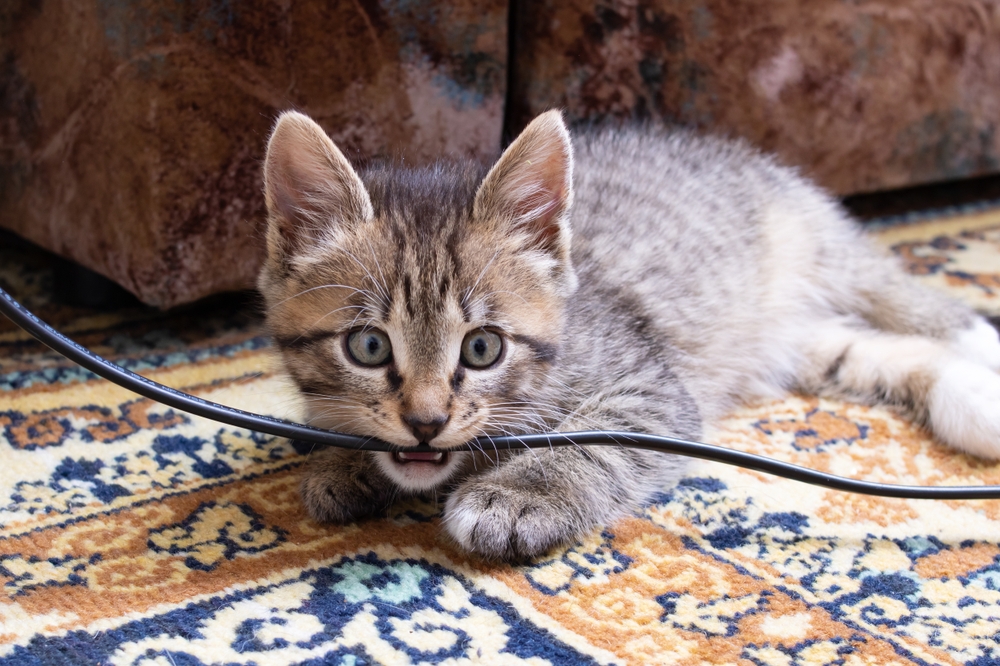
Curious pets explore their surroundings with their mouths and may chew cords you have recently introduced to their space. Hide electrical cords under or behind furniture, cover them with commercial cord protectors, and ensure you always unplug them when your pet is unattended such as when you leave the house or go to sleep for the night.
Follow our simple safety tips to help prevent a holiday pet disaster. However, no matter how much you prepare, accidents can happen. So, if your pet needs veterinary attention this holiday season, contact our Village Animal Hospital team. For after-hours care, head to your nearest veterinary emergency facility.


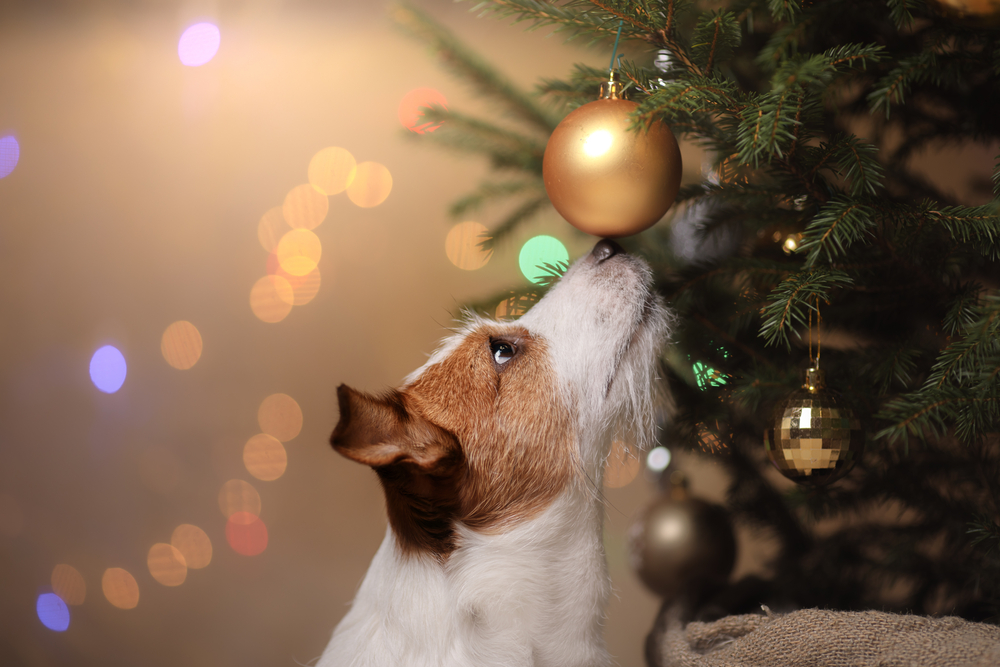
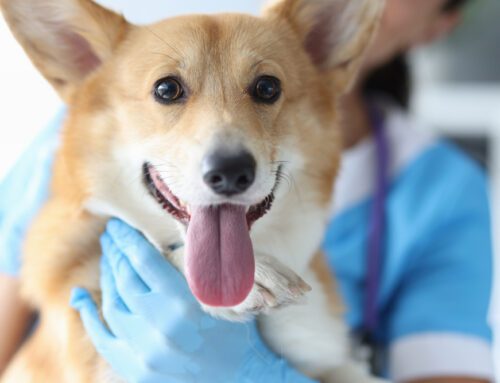
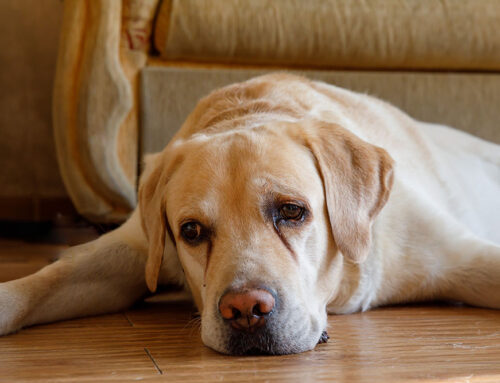
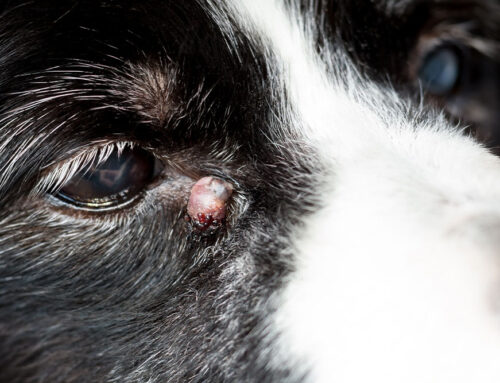


Leave A Comment